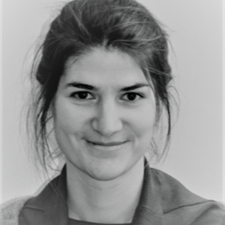Deciphering tumorigenesis driven by replication-associated DNA damage
Principal Investigators


Fellow

Keywords
REPLICATION-ASSOCIATED DNA DAMAGE, MOUSE MODELS, HEPATOCELLULAR CARCINOMA
SUMMARY
Hyperproliferation is intrinsically associated with early tumorigenesis. In these cancer-prone conditions, frequently associated with oncogene activation, cells need to adopt a higher DNA replication rate, increasing the probability of replication-associated DNA damage. This sequence of events is observed in chronic liver disease (CLD) and subsequent hepatocellular carcinoma (HCC), which has been modelled in mouse and thoroughly investigated in the Weber lab. The Lopes lab has optimized a portfolio of techniques to investigate replication stress in cancer-relevant conditions, including specialized single molecule approaches on replication intermediates.
Using optimized protocols to derive single, metabolically active cells from the relevant tissues, we aim to explore whether DNA damage observed under these conditions is accompanied by specific marks of replication stress, taking advantage of staining procedures coupled to FACS and fluorescence microscopy. Furthermore, we plan to use DNA fiber spreading and electron microscopy to directly monitor the progression and architecture of individual replication forks, thereby providing mechanistic insight on replication stress associated with these conditions. By applying specialized basic research assays to clinically relevant mouse models our joint studies will shed light on crucial mechanisms of replication stress in early tumorigenesis.